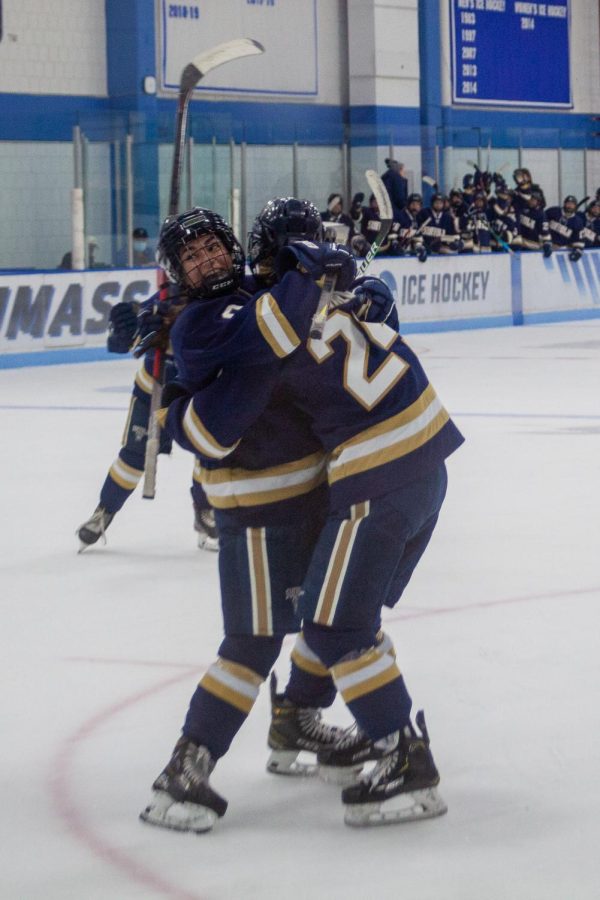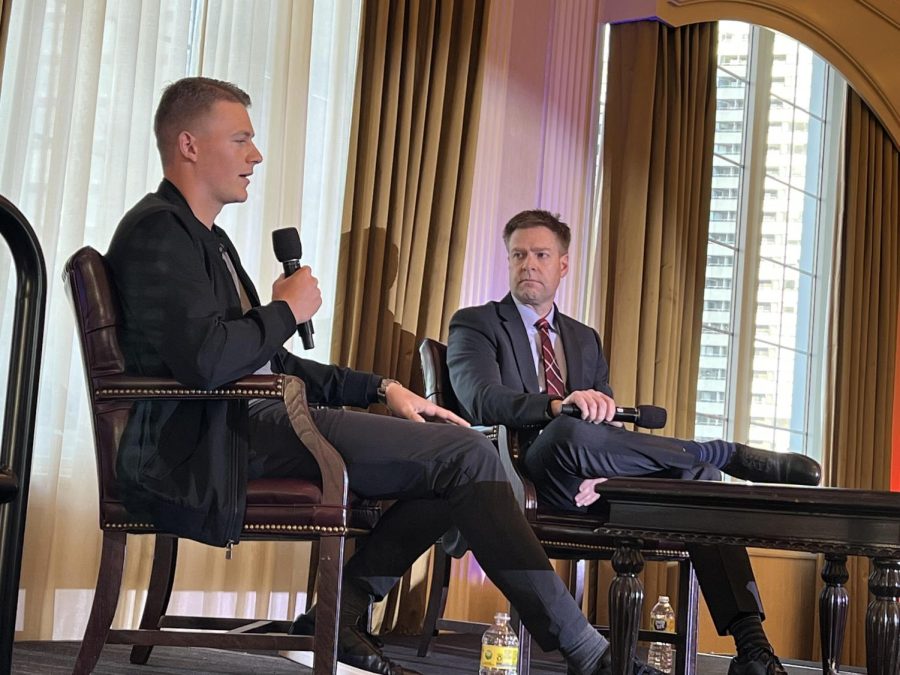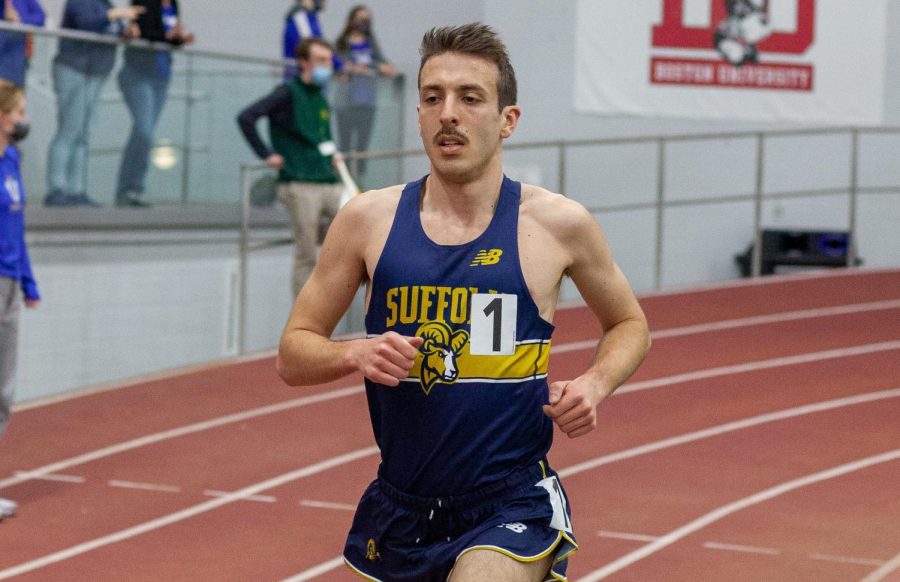Eid el-Adha is the second of the two Eids, or holidays, that is celebrated by Muslims during the lunar calendar. It takes place on the 10th day of the last month, which is called Dhu al-hijjah, in the Arabic lunar calendar. This date coincides with period of time from the evening of Oct. 14 to the evening of Oct. 15. Eid el-Adha coincides with the Hajj, which is the religious pilgrimage to Mecca that all followers of Islam who are able-bodied and capable of completing the journey should complete at least once in their lifetime. Hajj is considered one of the five pillars of Islam so this is a very important celebration for Muslims all across the world. Regarding Hajj, one Suffolk student, Ahmed Al-Khalifa said, “I hope I can go to Hajj soon to really celebrate Eid.”
Eid el-Adha honors the sacrifice that the prophet Ibrahim was willing to make of his first-born son, Ismail, in submission to God’s command. Before Ibrahim was about to sacrifice his son, God intervened and sent the angel Gabriel to deliver a lamb for sacrifice instead. Muslims celebrate this even today through an optional fasting the day before Eid el-Adha. The actual day of Eid el-Adha consists of the Eid prayer, which is done at sunrise followed by a prayer speech, called Khutba, done after the prayer. The celebration culminates in the sacrificing of an animal and feasting with the family.

Muslim students at Suffolk manage to maintain the tradition and celebrate Eid el-Adha here in the States. One student, Saoud Abdullah Al-Obaidli, said, “I always make sure to call my parents and other relatives on Eid to wish them well and to reconnect with family.” Some students usually go to the mosque located at the Islamic Society of Boston Cultural Center near the Roxbury Crossing MBTA stop. There they partake in the Eid prayer at sunrise and wish Eid Mubarak, which means “Blessed Eid,” to friends and others. After prayer and the Khutbah they go out to lunch with a close group of friends to celebrate Eid. Muslim students are also sharply dressed to celebrate this day.
About celebrating Eid in America, Mubarak Al-Noaimi said, “It’s hard celebrating Eid away from family, but it’s interesting for me to celebrate it in a different country.” This celebration is very family-oriented whether celebrating it at home or here as a student. Muhanna Jamal Al-Yaqoot said, “I am enjoying celebrating Eid with other Muslim students which I consider my second family at Suffolk.” Another student, Ali Al-Noaimi, condensed the true meaning of Eid in to a short sentence. Ali said, “Other than religious, Eid gathers families and keeps them connected.”
Eid el-Adha gives Muslim students an opportunity to take a break from school to honor a religious celebration and to reconnect with family and friends. This is especially true for Muslims here at Suffolk and for other Muslims studying away from home. Students gather together in prayer, wish well to others, reconnect with friends and relatives back home, and share a meal and the company of one another for one day during the semester. This is a day to relax and reflect spiritually while sharing the moment with others, which is a very positive one that breaks away from the routine habits of the regular week of a student.











